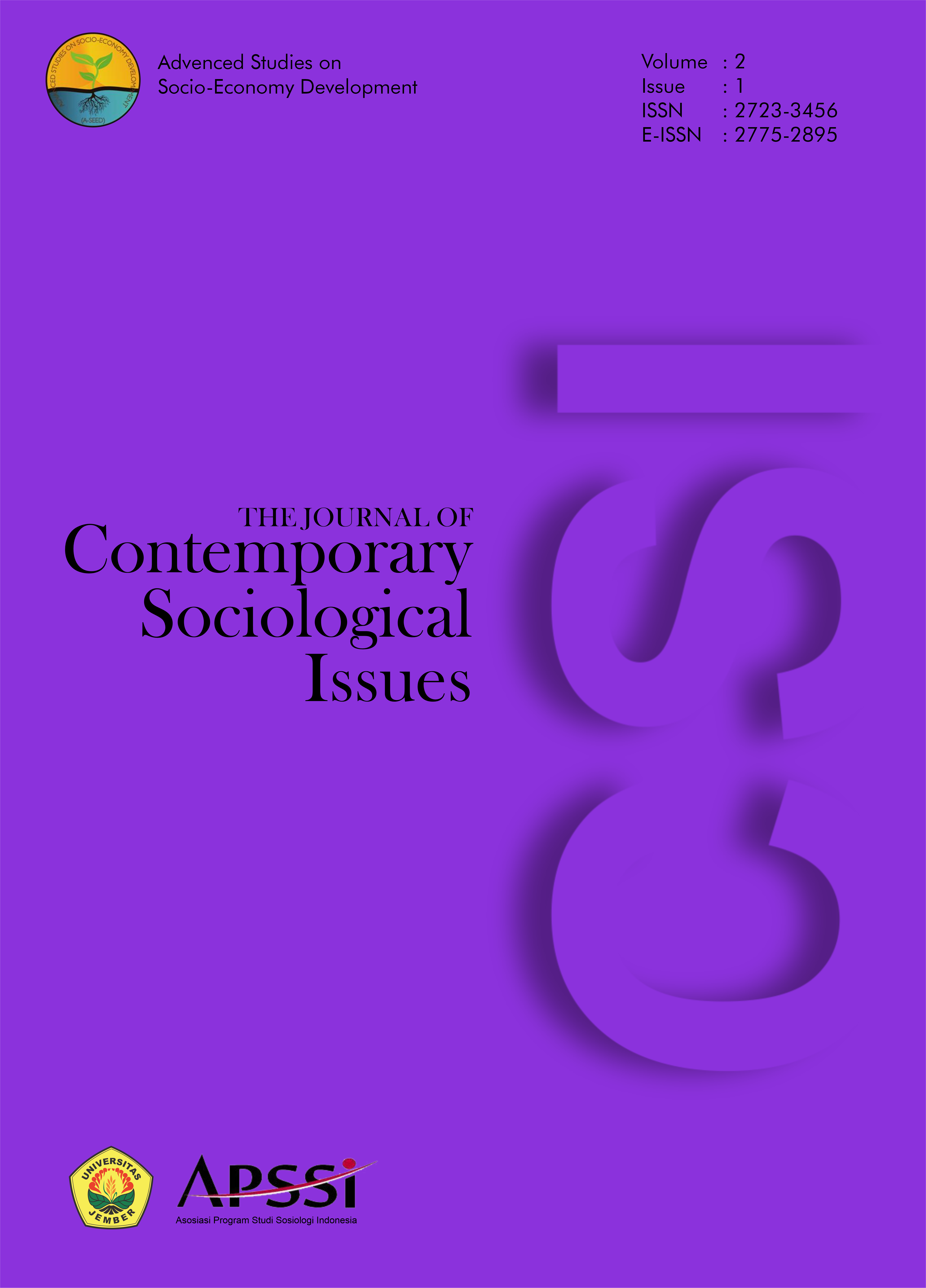The Ethiopian Civil Society Organizations Law and its Role for Social Movement in Ethiopia
Abstract
Civil society organizations (hereinafter called CSOs) are separate entities from the government organizational structure, and they are formed by people who have common needs, interests and values. They are important for organizing social movements at the local and/or international levels. CSOs in Ethiopia have existed as informal community-based organizations and self-help associations. However, formal civil society organization has started to exist with a legal personality recently. In Ethiopia, for a decade and more, as a result of the adoption of the 2009 repressive CSO law, civil society organizations did not entirely take part in their role in the country’s social movements and in the promotion and protection of human rights. However, the said law on several occasions has faced strong criticism from national and international CSOs. Accordingly, recently, in January 2019 the Ethiopian Government amended the preexisting law and enacted a new proclamation, Proclamation 1113/2019. Thus, this paper focuses on the newly promulgated CSO legislation and its role for social movements in Ethiopia, as there are changes made in the system of the CSOs and their activities. Therefore, the paper basically examines the peculiarities of the new Ethiopian CSO law in relation with its role for social movement in Ethiopia. By assessing the positive and the down sides of the new CSO legislation, it investigates the possible contribution of the new Proclamation. It also critically scrutinizes the role of the new CSO law in accelerating and promoting the social movements in Ethiopia.
Keywords: Civil Society, CSO, Social Movement, New Proclamation, Ethiopia, NGO.
References
Bump, Philip. ‘Obama Is the Most Polarizing President on Record, but It’s Not Entirely His Fault’. Washington Post, 6 February 2015.
Carothers, Thomas, and William Barndt. ‘Civil Society’. Foreign Policy, no. 117 (1999): 18–29. https://doi.org/10.2307/1149558.
Federal Democratic Republic of Ethiopia. ‘FDRE Constitution Article 31: Freedom of Association’, 1994.
———. ‘Proclamation No. 621/2009 of 2009, Proclamation to Provide for the Registration and Regulation of Charities and Societies’, February 2009.
———. ‘Proclamation to Provide for the Registration and Regulation of Charities and Societies.Proclamation No. 1113/2019’. Negarit Gazeta, Addis Ababa, 2019.
Handler, Joel F. Social Movements and the Legal System: A Theory of Law Reform and Social Change. New York: Academic Press, 1978.
Heberle, Rudolf. ‘Observations on the Sociology of Social Movements’. American Sociological Review 14, no. 3 (1949): 346–57.
Human Rights Watch. ‘Analysis of Ethiopia’s Draft Civil Society Law’, 13 October 2008.
———. ‘World Report 2008 - Ethiopia’. In Events of 2007. New York: Human Rights Watch, 2008.
Jenkins, J. Craig. ‘Resource Mobilization Theory and the Study of Social Movements’. Annual Review of Sociology 9, no. 1 (1983): 527–53.
Kamstra, Jelmer. ‘“Dialogue and Dissent Theory of Change 2.0 – Supporting Civil Society’s Political Role”’. Ministry of Foreign Affairs of the Netherlands Social Development Department, 2017.
Kumar, Krishan. ‘Civil Society: An Inquiry into the Usefulness of an Historical Term’. The British Journal of Sociology 44, no. 3 (1993): 375–95.
Lang, Gladys Engel, and Kurt Lang. Collective Dynamics. New York: Crowell, 1961.
McAdam, Doug. Political Process and the Development of Black Insurgency, 1930-1970. University of Chicago Press, 1982.
McAdam, Doug, John D. McCarthy, and Mayer N. Zald, eds. Comparative Perspectives on Social Movements: Political Opportunities, Mobilizing Structures, and Cultural Framings (Cambridge Studies in Comparative Politics). Cambridge: Cambridge University Press, 1996.
Ministry of Justice. ‘Commentary on Charities and Societies Proclamation’, September 2008, 1–8.
Morris, Aldon D. The Origins of the Civil Rights Movement: Black Communities Organizing For Change. New York: The Free Press, 1986.
Rahmato, Dessalegn. ‘Civil Society Organizations in Ethiopia’. In Ethiopia: The Challenge of Democracy from Below, edited by Bahru Zewde and Siegfried Pausewang, 103–19. Nordiska Afrikainstitute and Forum for Social Studies, 2002.
Rosenberg, Gerald N. The Hollow Hope: Can Courts Bring About Social Change? University of Chicago Press, 1998.
Stewart, Joseph, and James F. Sheffield. ‘Does Interest Group Litigation Matter? The Case of Black Political Mobilization in Mississippi’. The Journal of Politics 49, no. 3 (1987): 780–98.
Tadesse, Mizane Abata. ‘The Implications of 2009 Ethiopian CSOs Law on the Right to Freedom of Association’. Journal of Ethiopian Law 27 (2015): 62.
Tarrow, Sidney. ‘National Politics and Collective Action: Recent Theory and Research in Western Europe and the United States’. Annual Review of Sociology 14 (1988): 421–40.
Taye Assefa and Bahru Zewde, eds. Civil Society at the Crossroads: Challenges and Prospects in Ethiopia. Addis Ababa: Forum for Social Studies, 2008.
Teshome-Bahiru, Wondwosen. ‘Civil Society and Democratization in Africa: The Role of the Civil Society in the 2005 Election in Ethiopia’. International Journal of Social Sciences 4, no. 2 (23 March 2009).
Tilly, Charles. From Mobilization to Revolution. Reading, Mass: Addison-Wesley Pub. Co., 1978.
Weber, Max. The Theory Of Social And Economic Organization. New York: Free Press, 1947.

This work is licensed under a Creative Commons Attribution-ShareAlike 4.0 International License.









